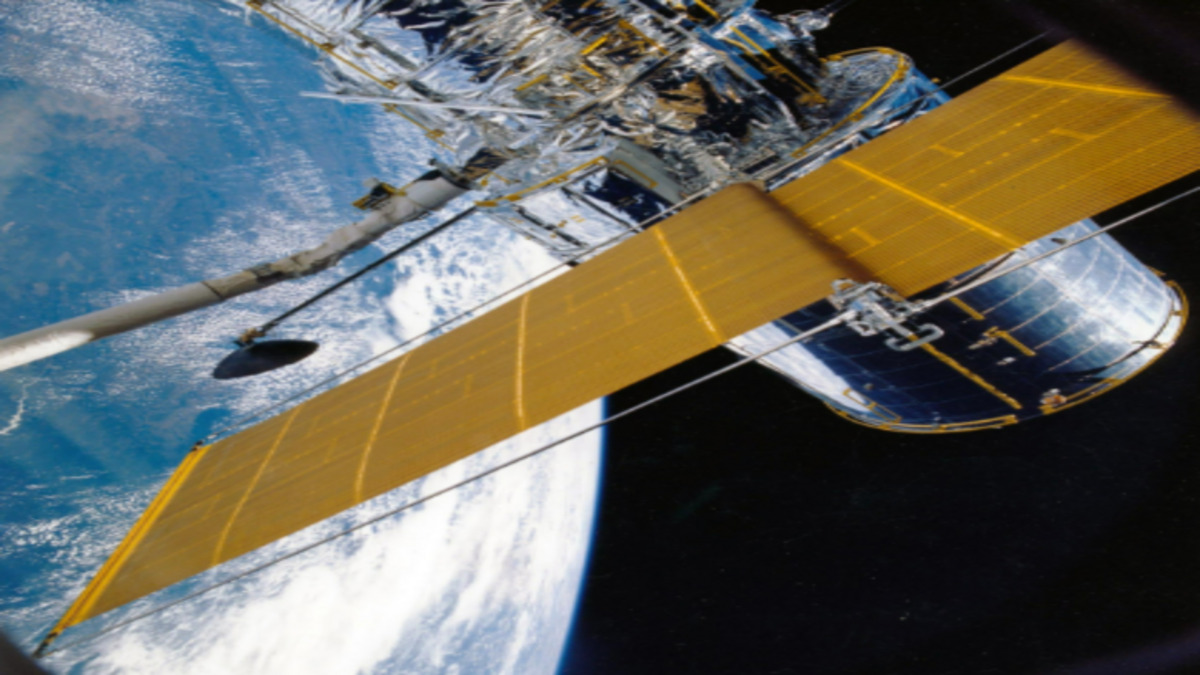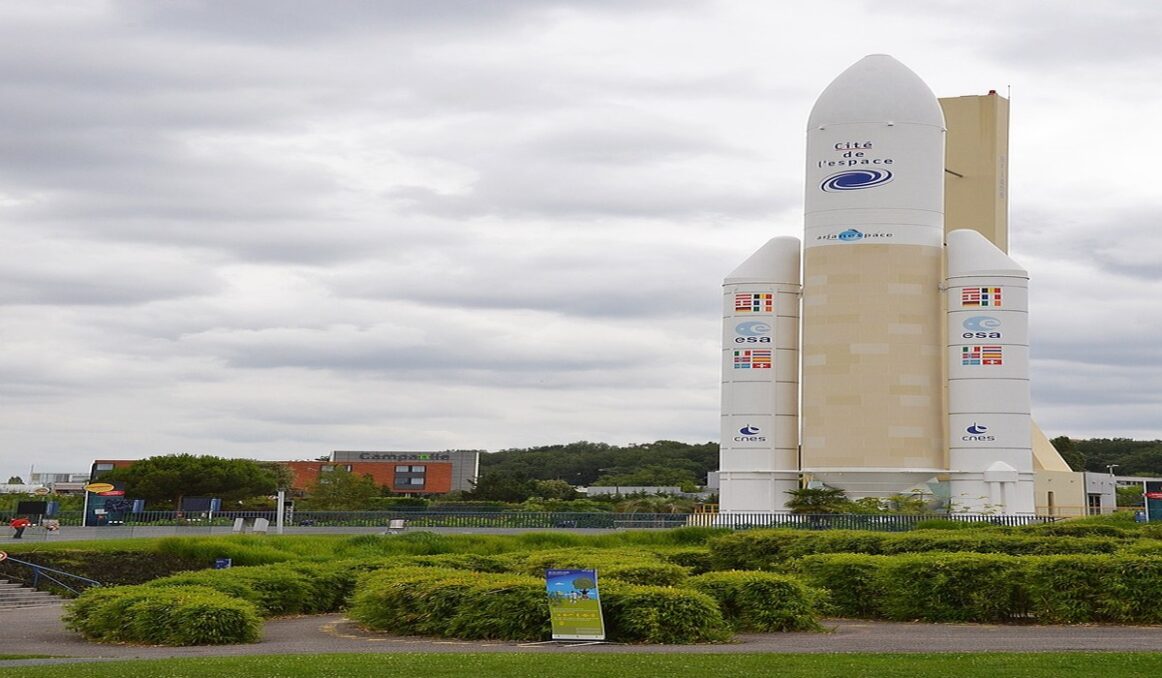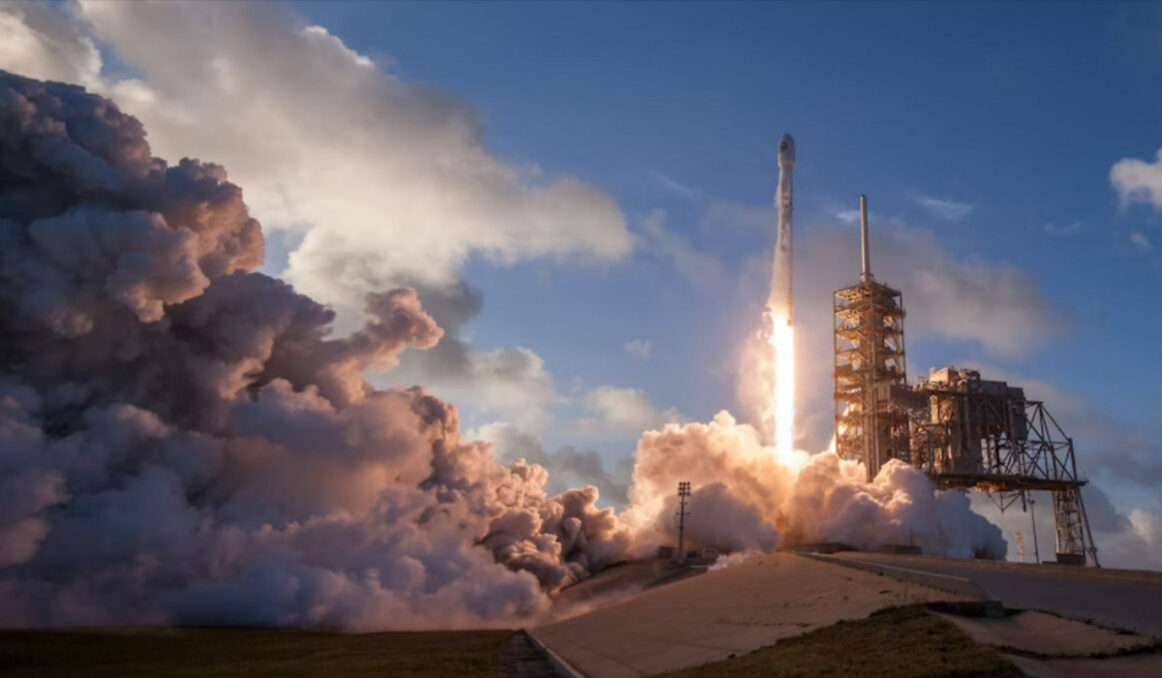Before Elon Musk’s next SpaceX mission in August, Danish astronaut Andreas Mogensen said that there is a possibility that Europe could falter in outer space and can lose out on key technologies.
Table of Contents:
- Introduction
- Danish Astronauts’ SpaceX Mission
- SpaceX Mission Disruptive Influence
- Europe’s Current Space Endeavors
- Cooperation as a Way Forward
- Conclusion
Introduction:
Danish astronauts who flew aboard the SpaceX mission sternly warned Europe that in the context of the world’s space race, innovation in space exploration must not be abandoned. In the rapidly changing space industry due to new competitors like SpaceX, Europe needs to be competitive and consolidate its position.
Danish Astronauts’ SpaceX Mission:
Danish astronaut Lars Anderson will fly the SpaceX space shuttle for an unprecedented mission.
His selection highlighted the need for Europe to step up its game in the face of the rising space powers, and place Denmark in the club of selected countries.
SpaceX’s Mission’s Disruptive Influence:
SpaceX founder and CEO Elon Musk has been at the forefront of change in the aerospace industry. SpaceX quickly gained recognition for its advanced technology, cheap power generation, and mission-critical mission, making it a major competitor for already existing European companies.

Anderson’s Warning Call:
Having learned about the change, Lars Andersen became an advocate for European organizations to adopt it. He added that Europe cannot rely on its reputation and that the European space community must create an atmosphere that fosters innovation and expertise, as well as cooperation among members of the European space community.
Europe’s Current Space Endeavors:
Although Europe has a long history of space exploration and is home to important organizations such as the European Space Agency (ESA), its global prestige has dwindled in recent years. The country has struggled to keep up with the rise of new space powers due to financial constraints, regulatory issues, and inadequate ownership.

Investments, and Collaboration:
European countries should prioritize increasing spending on space exploration if they want to close the gap and remain competitive. This means strengthening research and development programs, fostering new and private businesses, and promoting international cooperation for resources and expertise.
Strengthen the European Space Agency:
ESA is essential for managing space in Europe. It should evolve, stimulate business, reduce administrative processes, and establish partnerships with national and international organizations to be relevant.

Promoting Research, and Space Program:
The development of the next generation of scientists and experts is an important part of advances in Europe’s space exploration. Governments and institutions must prioritize education, research, and training to create qualified employees who can drive innovation and technology.
Addressing Regulatory Issues:
European governments should create an empowering regulatory environment to support the private sector and the business environment. By simplifying the authorization process, establishing a clear legal framework, and promoting the working environment, the European space segment will attract and grow private companies.
Cooperation As a Way Forward:
Europe’s economic space can develop by harnessing the benefits of work. Joint projects between European countries, such as the recent Moon Village concept, encourage cooperation, collaboration, and knowledge sharing. Also, working with international organizations like NASA and rising powers in space can create valuable partnerships that can push the boundaries of science and exploration.
Conclusion:
Danish astronauts’ flight aboard the SpaceX mission should be a wake-up call for Europe to rethink its place in rapidly evolving space.
By pouring money into research, fostering innovation, promoting cooperation, and addressing policy issues, Europe can regain competitiveness, keep up with a stronghold and consolidate its position in space exploration.
The universe expects to meet humanity’s next breakthrough, so now is the time to act.













